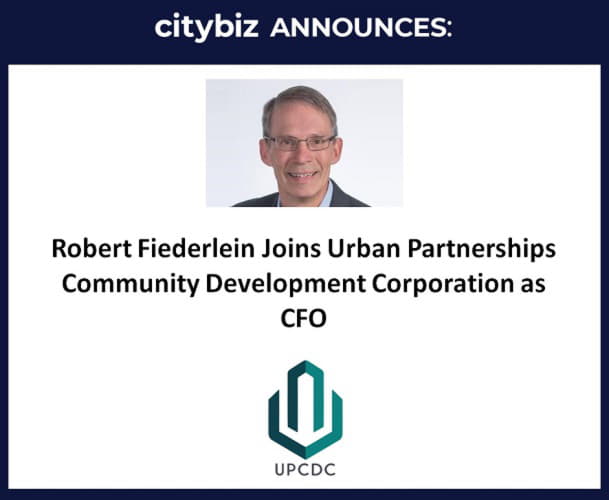
Newt Fowler
Many regions are focusing their economic development efforts not by tripping over the industry sector in vogue but by leveraging who they are becoming. Austin’s multifaceted identity is in no small part due to the success of South by Southwest; Nashville is being reshaped by doubling down on its health care and logistics sectors; Pittsburgh and Boston are increasingly seen as the embodiment of their medical and biotech research clusters. What’s Atlanta becoming?
Atlanta is defining itself as “the nation’s black tech capital,” as recounted by a recent USA Today column. “Weary of coastal hubs that don’t reflect America’s growing diversity, they are packing up their lives and careers for a city with a rich history of entrepreneurship, a booming black middle class, affordable quality of life and a small but growing tech scene.” Atlanta has coworking spaces, networking groups, programs and other resources oriented toward African-American entrepreneurs. There are also traditional economic development measures helping Atlanta, from its low cost of living, to solid neighborhoods and schools, to a rich cultural life.
Atlanta is playing to a different strength – citing a Brookings Institution study, while minorities and women remain “sharply underrepresented” in tech jobs nationally, Atlanta has a ten-fold advantage over some West Coast tech hubs with 25% of its tech workers being African-American. The USA Today column underscores that opportunity certainly isn’t distributed equally even in Atlanta, not only with minorities but also with women, as presence in tech and leadership positions for such groups lags. And as with many other burgeoning tech hubs, Atlanta struggles with access to early stage capital.
What Atlanta has recognized and what other regions need to embrace is what Brookings demographer, William Frey, describes in his book of the same name as a Diversity Explosion. Regions need to understand how critical first understanding then embracing the long term potential of diversity are to their communities. As Frey highlights, the demographics of diversity are upon us. It’s not only a moral imperative in these times, it is existential – a foundational economic development reality – to ensure our communities remain healthy and vibrant.
Atlanta is figuring this out; so too in ways are Detroit and other regions. Demographic changes are happening; Frey concludes their impact on communities is inevitable. But without a strategy designed to embrace a very different face to our future, regions will miss out on the momentum that places like Atlanta are building. Increasingly, economic development is less about chasing the next relocation (ask New York how that Amazon HQ2 deal played out), and more about envisioning who we are becoming, like Atlanta, through a profoundly different lens.
With more than 30 years’ experience in law and business, Newt Fowler, a partner in Womble Bond Dickinson’s business practice, advises many investors, entrepreneurs and technology companies, guiding them through all aspects of business planning, financing transactions, technology commercialization and M&A. He’s the pastboard chair of TEDCO. Newt can be reached at newt.fowler@wbd-us.com.






